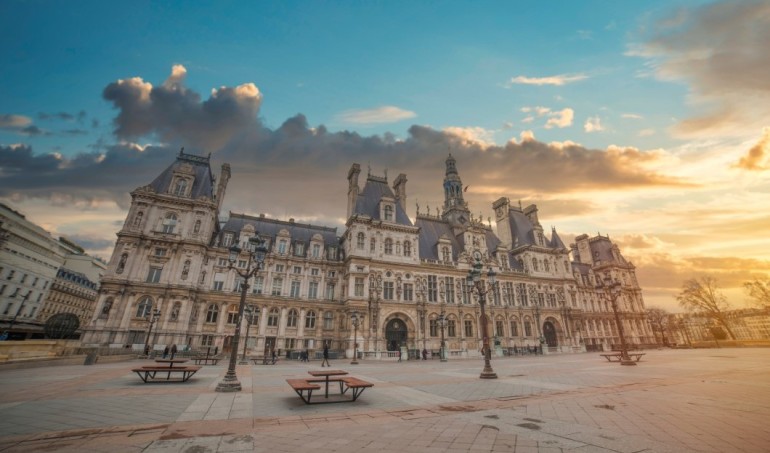Sponsored Listings:
A brutal halt, and long-term consequences – the French tourism professionals provided their vision of the impact of the COVID-19 crisis in a recent study by Roland Berger Company.
The professionals already know that the convalescence will be long. In an online survey, the French tourism companies depict worrying prospects for their business. For the year 2020, professionals in the sector estimate that the COVID-19 crisis will have an average impact of 40% on their turnovers.
In the mountains, operators have thus lost the end of the winter season. Also lost are the Easter holidays (which represent 5 to 10% of turnover according to professionals). May (-75%) and June (-60%) do not look any better. For the crucial months of July and August, professionals anticipate a drop in turnover of -30% and -40% respectively. These figures, therefore, reflect a slow recovery.
The balance sheet also looks very heavy in terms of profitability, with an estimated 64% decline. Despite a considerable impact, the outdoor hotel sector (campsites/groups of campsites with a turnover of more than €10 million) will be less affected (-40% profitability) than the tour-operating sector, which plunges to -79%.
What will the recovery look like? A minority of the experts surveyed now believe there will be a reaction and a post-confinement euphoric consumption peak. However, the situation is still unclear, and the stakeholders favor a scenario of caution and average recovery or even prolonged reluctance. A recovery conditioned by both supply and demand. Household confidence will thus be the determining factor in the recovery (68% of the professionals questioned are in full agreement). Professionals also fear a lower budget and shorter holidays, favoring non-market accommodation.
Another striking element is proximity. 99% of professionals believe that the French will fly less and will stay in France, perhaps in an ultra-local environment this summer. At the same time, the volume of foreign holidaymakers in France should decrease significantly (71% of professionals surveyed fully agree).
In terms of supply, the French tourism experts surveyed believe that the recovery will be conditional on the widespread use of health measures (mass screening tests, installation of sanitary facilities, etc.).

It is thus a major challenge for tourism and leisure companies to concentrate their marketing and sales activity with French customers in a market that will be Franco-French. But faced with a lower volume of holidays, the competition will be fierce between the different holiday segments and the question of the transfer of volume from one accommodation segment to another (in terms of budget and site profile) remains open: will there be a transfer from premium tour-operating abroad to Club or premium hotels in France, from Clubs to outdoor hotels, from premium to mid-range within the segments themselves?
It also seems likely that, faced with lower demand or supply constraints, some operators will not open up all their assets, even in the high season, which will result in significant operating losses, as the low revenues will not cover fixed costs.
The professionals surveyed anticipate an impact that will take place well beyond 2020. “The bill will continue to be paid in 2021 and 2022,” reports the study, which predicts “a reconfiguration of the competitive landscape,” with “the vast majority of the sector expecting consolidation movements.”
“The crisis will change the practices of professionals, who will have to make adjustments to take into account health and environmental considerations,” the study observes. This crisis may also be an accelerator of the movement towards the local sector.”
The crisis will finally have a strong impact on both the value propositions and business models of tourism and leisure enterprises, the study predicts. “Thus, 2/3 of the French tourism companies think that they can use the lessons of the crisis to reinvent their product, rethink their pricing architecture (49%) or even form partnerships with new players (62%).” Restructuring the cost structure will be at the heart of the activities of companies in the sector (79%), the study says.
Source: tourism-review.com










